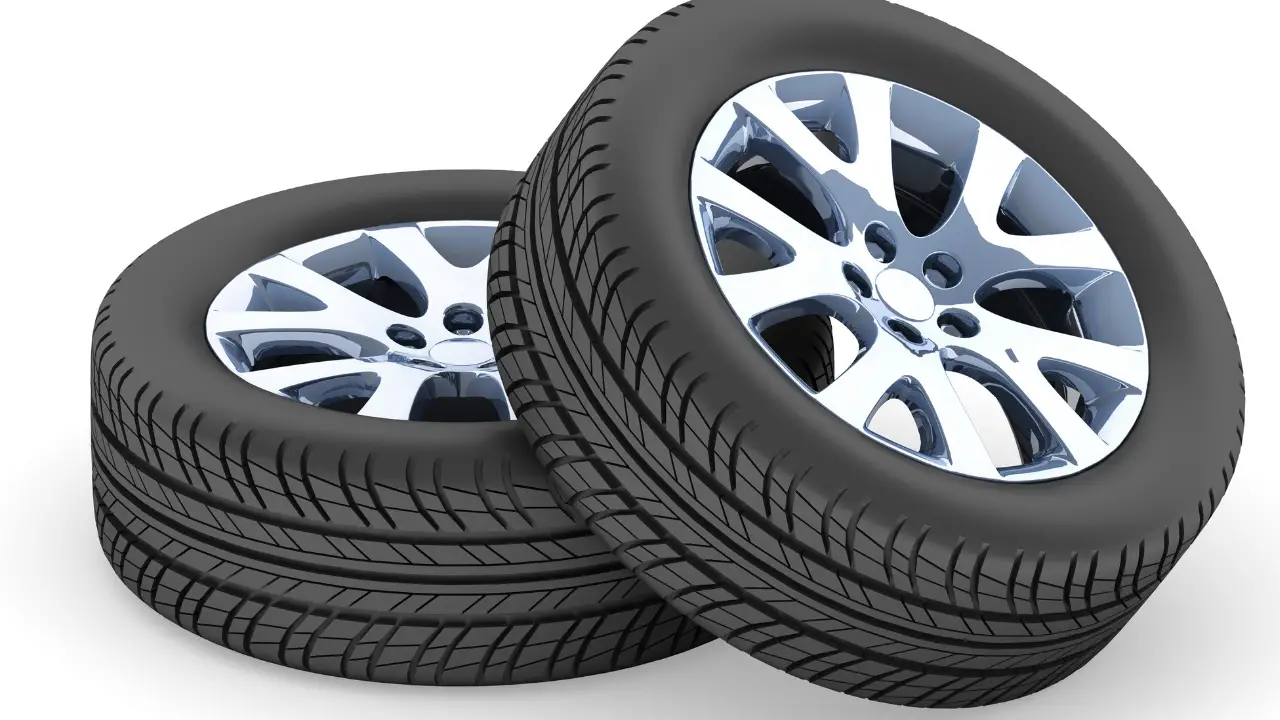How Long Do Tires Last?

Tires are an essential component of any vehicle, impacting safety, performance, and fuel efficiency. Understanding how long tires last and the factors that influence their lifespan can help you make informed decisions about maintenance and replacement. In this article, we will explore the typical lifespan of tires, the key factors affecting their longevity, and tips to extend their life.
Tires typically last between 25,000 to 50,000 miles, depending on various factors such as driving habits, road conditions, tire quality, and maintenance practices.
Typical Tire Lifespan
The lifespan of a tire is usually measured in miles, with most manufacturers suggesting a range between 25,000 to 50,000 miles. However, this range can vary significantly based on the type of tire and its intended use. For instance, high-performance tires designed for sports cars may wear out faster due to their softer rubber compound, whereas all-season tires designed for regular passenger vehicles may last longer.
It’s also important to consider the age of the tires. Regardless of the mileage, tires generally have a maximum lifespan of about six to ten years. After this period, the rubber compounds can degrade, leading to potential safety risks such as blowouts or loss of traction. Regularly checking the manufacturing date stamped on the tire sidewall can help you keep track of their age.
Factors Affecting Tire Longevity
Several factors influence how long your tires will last. Driving habits play a crucial role; aggressive driving with rapid acceleration, hard braking, and high-speed cornering can significantly reduce tire lifespan. Similarly, driving on rough or unpaved roads can cause excessive wear and tear, leading to premature replacement.
Another critical factor is tire maintenance. Keeping your tires properly inflated, rotating them regularly, and ensuring correct wheel alignment can all contribute to extending their lifespan. Underinflated or overinflated tires can wear unevenly, reducing their overall mileage. Regular inspections for signs of damage, such as cuts or punctures, can also help maintain tire health and safety.
Importance of Tire Quality
The quality of the tires you purchase can have a substantial impact on how long they last. Premium tires from reputable brands often come with higher mileage warranties and are made from better materials that offer enhanced durability. While they may be more expensive initially, their longer lifespan and improved performance can provide better value over time.
On the other hand, budget tires may save you money upfront but could wear out more quickly and require more frequent replacements. It’s essential to balance cost with quality and consider factors such as treadwear ratings, which indicate how long the tire tread is expected to last relative to a reference standard.
Tips to Extend Tire Life
To maximize the lifespan of your tires, there are several practical steps you can take. Firstly, ensure regular tire rotations every 6,000 to 8,000 miles to promote even tread wear. This practice helps distribute the wear more evenly across all four tires, enhancing their longevity. Additionally, keeping your tires properly inflated according to the manufacturer’s recommendations is crucial. Incorrect tire pressure can lead to uneven wear and decreased fuel efficiency.
Another tip is to practice mindful driving habits. Avoiding aggressive maneuvers, such as sudden stops and sharp turns, can reduce excessive wear on your tires. Moreover, periodically checking the wheel alignment and balancing can prevent uneven tread wear and improve handling. By following these tips, you can significantly extend the life of your tires and ensure a safer driving experience.
Conclusion
In conclusion, the lifespan of tires varies depending on multiple factors, including driving habits, road conditions, tire quality, and maintenance practices. By understanding these factors and implementing regular maintenance routines, you can extend the life of your tires and enjoy a safer, more efficient driving experience. Whether you opt for high-performance tires or all-season variants, making informed decisions and taking proactive steps will help you get the most out of your investment.






